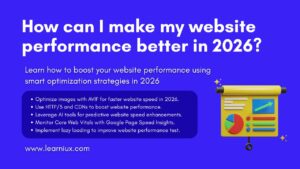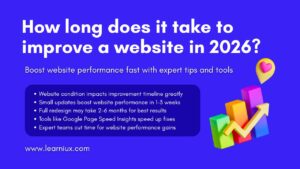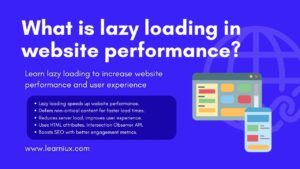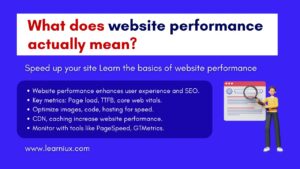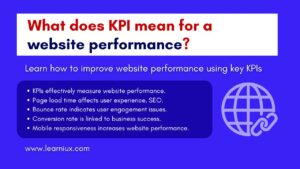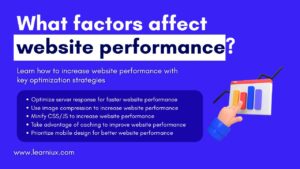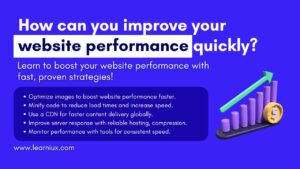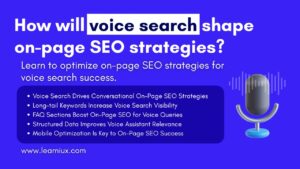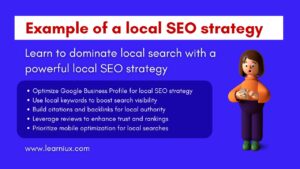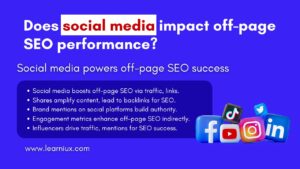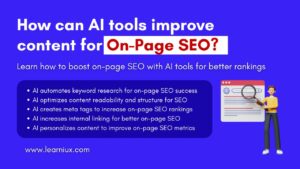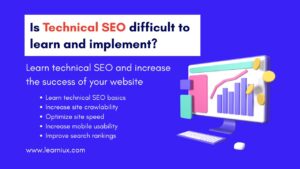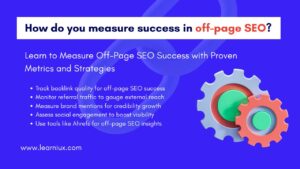Link building is a cornerstone of search engine optimization in an increasingly competitive digital landscape, increasing website visibility and authority. Imagine a scenario where a single high-quality backlink from a trusted source catapults a website from obscurity to the top of search results, driving thousands of visitors per month. Studies show that 91 percent of web pages receive no organic traffic from Google, largely due to a lack of backlinks. This stark reality underscores the crucial role link building plays in achieving SEO success. The process involves acquiring hyperlinks to your own website from other websites, serving as a support that signals credibility to search engines. This article explores why link building is effective, how it impacts SEO, strategies that deliver results, and pitfalls to avoid, all while weaving in the latest insights into AI-driven search trends and practical approaches for sustainable growth.
At its core, link building is about building connections on the web. Search engines like Google view backlinks as a vote of confidence, with each link acting as a recommendation from one site to another. Historically, the focus was on collecting as many links as possible, often leading to spammy tactics like link farms or paid directories. However, search engine algorithms have evolved significantly, prioritizing quality over quantity. Today, one link from a high-authority site like a major news outlet or industry-leading blog can be worth more than dozens of low-quality links. For example, pages with backlinks from authoritative domains rank higher on average, with top-ranking pages often having more than 100 referring domains. This shift reflects a broader trend toward relevance and trustworthiness, driven by advances in AI and machine learning that better understand content context and user intent.
The importance of link building in SEO cannot be overstated. Backlinks are a top-ranking factor, often cited alongside content quality and keyword optimization. Experts estimate that links are a crucial part of Google’s ranking algorithm, with some studies suggesting that they are the third most important factor after content and on-page SEO. Links increase domain authority, a metric that measures a website’s credibility and influence. Higher authority translates into better rankings, as search engines trust sites that are endorsed by other reputable sources. Beyond rankings, links increase organic traffic by exposing a site to new audiences. For example, a backlink from a popular blog can send thousands of referral visitors, many of whom can convert into customers. In addition, links contribute to brand visibility, especially in AI-generated search rankings, where citations from trusted sources increase a site’s visibility. More than 73 percent of SEO professionals agree that backlinks play a critical role in securing visibility in AI-powered search results, a trend that continues to grow as AI reshapes how content is discovered.
The benefits of effective link building go beyond immediate SEO gains. First, high-quality backlinks improve search rankings by signaling authority, helping pages climb to the top of results for competitive keywords. This is especially effective for small businesses or new websites competing with established players. Second, links drive targeted organic traffic from relevant sources, increasing the likelihood of conversions. For example, backlinks from specific industry sites can attract users who are already interested in your offerings, increasing engagement metrics such as time on site and reduced bounce rate. Third, link building increases brand visibility, as mentions on reputable sites expose your brand to a wider audience. This is especially important in AI-powered search, where engines prefer content with strong citations. Fourth, referral traffic from backlinks can directly impact revenue, with studies showing that sites with diverse backlink profiles see up to 40 percent higher conversion rates. Finally, a strong backlink profile strengthens a website’s resilience against algorithm updates, ensuring long-term stability in rankings.
To achieve these benefits, effective link building strategies are essential. One of the most powerful approaches is digital PR, which nearly 49 percent of SEO experts rank as the top strategy for getting high-quality links. Digital PR involves creating engaging, shareable content, such as data-driven studies, infographics, or expert interviews, that naturally attract links from media outlets and blogs. For example, publishing original research articles on industry trends can get you citations from journalists and influencers, which increases your reach. Another strategy is competitor analysis, where tools like Ahrefs or SEMrush can help identify backlinks from competing sites. By analyzing these links, businesses can target similar opportunities, creating better content to secure placement. Content magnets like original statistics or comprehensive guides also organically drive links. Sites like HubSpot often publish data-heavy reports that become reference points for other websites, earning hundreds of backlinks. Outreach remains a key component, especially for expert commentary. Responding to journalist requests through platforms like HARO (Help a Reporter Out) can secure high-value media links, as journalists value authoritative quotes from industry leaders.
The rise of AI has transformed link building, making it more sophisticated and efficient. AI tools now automate tasks like backlink monitoring, competitor analysis, and outreach personalization, saving time while improving results. More importantly, AI-powered search engines prioritize semantic authority, where the context and relevance of links are as important as their quantity. This shift highlights the need for citations beyond traditional hyperlinks, such as brand mentions in podcasts, social media, or AI-generated summaries. For example, Google’s AI overviews often pull data from sites with strong local authority, which are bolstered by relevant backlinks. To adapt, businesses should focus on building relationships with authoritative sources in their niche, ensuring that links match user intent and content quality. AI can also help identify link-building opportunities by analyzing patterns in high-ranking content, enabling more targeted outreach.
Despite its benefits, link building comes with challenges that can reduce effectiveness if not addressed. A common mistake is prioritizing link quantity over quality, which can lead to penalties from search engines. Low-quality links from irrelevant or spammy sites weaken authority and hurt rankings. Another pitfall is ignoring link relevance, as search engines value linking and contextual alignment between linked sites. For example, a tech blog linking to a fitness site may have little impact on SEO if the content is not highly relevant. Outdated tactics like excessive guest posting on low-quality sites or buying links also pose risks, as algorithms now detect methods of manipulation. To avoid these problems, focus on getting links from authoritative, relevant sources through high-quality content and genuine relationships. Regularly auditing your backlink profile with tools like Moz or Google Search Console can help identify and reject toxic links, ensuring a clean and effective strategy.
Measuring link building success is important for refining efforts and demonstrating ROI. Key metrics include domain authority growth, which reflects a site’s overall credibility. Tools like Moz’s Domain Authority or Ahrefs’ Domain Rating provide quantitative benchmarks, with higher scores correlating with better rankings. Referral traffic is another indicator, as links from high-traffic sites can drive significant traffic. Google Analytics tracks this data, showing which backlinks contribute the most to user engagement. Improvements in rankings for targeted keywords provide direct evidence of SEO results, while conversion rates from referral traffic highlight business outcomes. On average, businesses with active link-building campaigns generate 10 to 20 new backlinks per month, depending on the industry and effort. Monitoring these metrics ensures that strategies are aligned with goals, allowing for adjustments to increase effectiveness.
The power of link building lies in its ability to combine technical SEO and audience engagement. By securing high-quality, relevant backlinks, businesses can increase their search rankings, attract targeted traffic, and build lasting authority. Its importance has grown with the integration of AI, as search engines increasingly value contextual signals and brand citations. Strategies like digital PR, competitor analysis, and content magnets offer practical paths to success, while ensuring sustainability by avoiding common pitfalls. To succeed, businesses must commit to continuous effort, leveraging tools and data to refine their approach. Start by auditing your current backlink profile, identifying gaps, and pursuing high-value opportunities. With persistence and a focus on quality, link building can transform your online presence, delivering measurable results in traffic, rankings, and revenue. Subscribe to our newsletter for more actionable SEO insights and take your strategy to the next level.





















